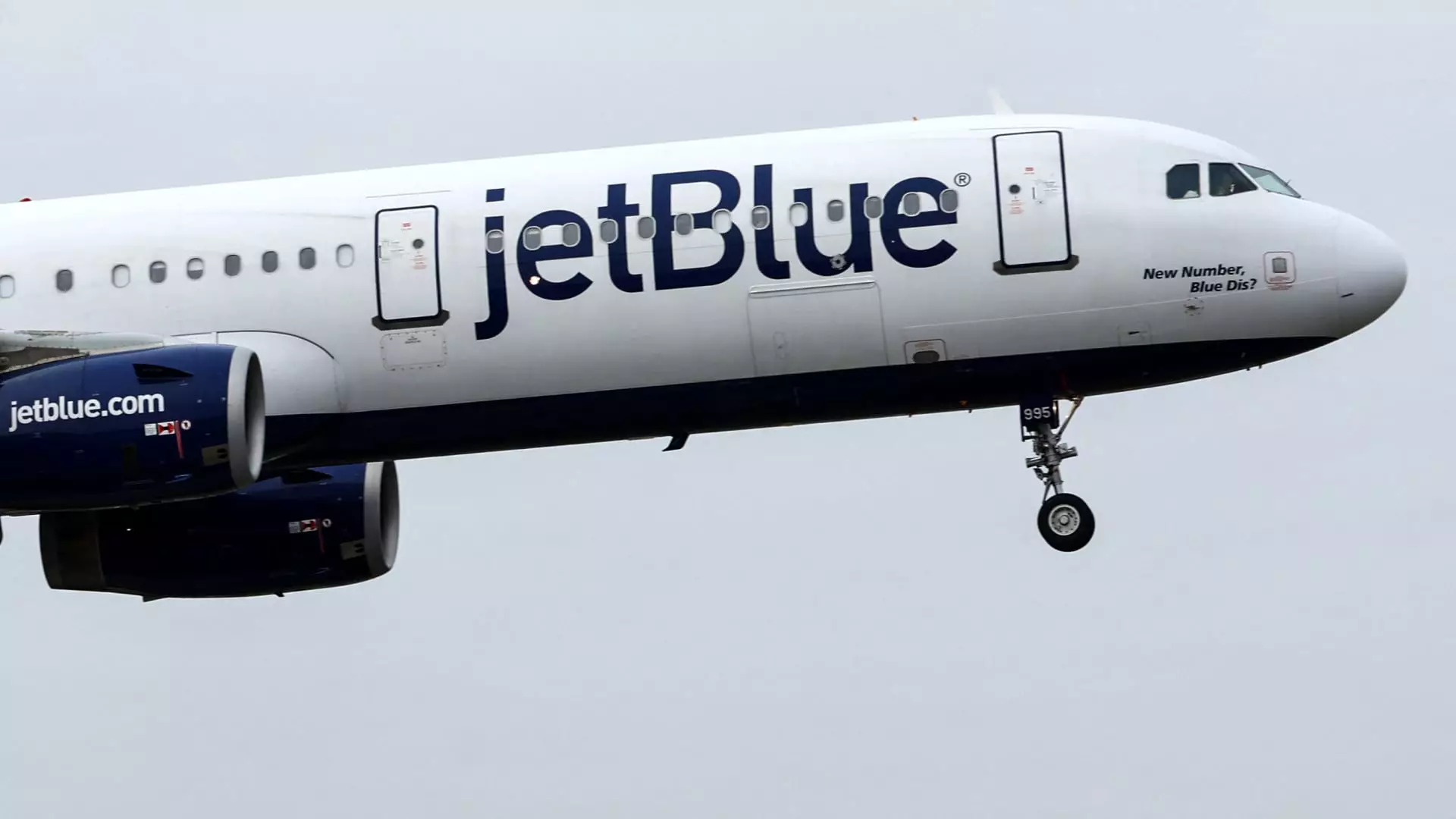JetBlue Airways saw a surge in its shares following the announcement of a surprise profit in the second quarter. The airline managed to post a $25 million profit, contrary to the expectations of Wall Street analysts who had predicted a quarterly loss. This positive turn of events comes after the carrier has struggled to generate profits since the outbreak of the pandemic.
In an effort to improve cash flow, JetBlue Airways decided to defer another $3 billion in aircraft spending through 2029. This strategic move will allow the airline to focus on reducing costs and cutting unprofitable routes. It has already halted 50 routes and is concentrating more on service from key areas like New York, New England, and Puerto Rico, which are strong markets for the airline.
JetBlue is aiming to add $800 million to $900 million in pretax profit from 2025 through 2027 by implementing these changes. By deferring the delivery of 44 Airbus A321neo aircraft until 2030 or later, the airline is taking steps to optimize its fleet and maximize revenue. Additionally, JetBlue plans to cut capacity by as much as 6% in the third quarter and up to 5% for the full year to align with the demands of the market.
CEO Joanna Geraghty emphasized the airline’s commitment to improving reliability and punctuality. JetBlue, which has historically ranked lower in punctuality compared to other U.S. carriers, is taking steps to enhance its on-time performance by adding more buffer time to flights. These operational improvements are crucial for the airline’s reputation and customer satisfaction.
Despite the positive earnings report, JetBlue foresees challenges in the near future. The airline expects a drop in third-quarter revenue by as much as 5.5% year-over-year and a full-year sales decrease of up to 6% compared to 2023. Executives attribute this decline to an oversupply of capacity in the market, which has impacted the airline’s ability to generate revenue.
The recent success of JetBlue Airways under the leadership of CEO Joanna Geraghty has been well-received by investors. Geraghty, a veteran of the airline, took charge earlier this year and has been instrumental in implementing strategic changes to drive profitability. The airline’s engagement with activist investor Carl Icahn, who acquired a significant stake in the company, has also shaped its decision-making processes.
JetBlue’s plans for a merger with Spirit Airlines were thwarted earlier this year due to regulatory issues. The airline has faced challenges in competing with larger rivals in the industry, leading to a reevaluation of its growth strategy. Despite these setbacks, JetBlue remains focused on enhancing its operational efficiency and financial performance to ensure long-term sustainability.


Leave a Reply